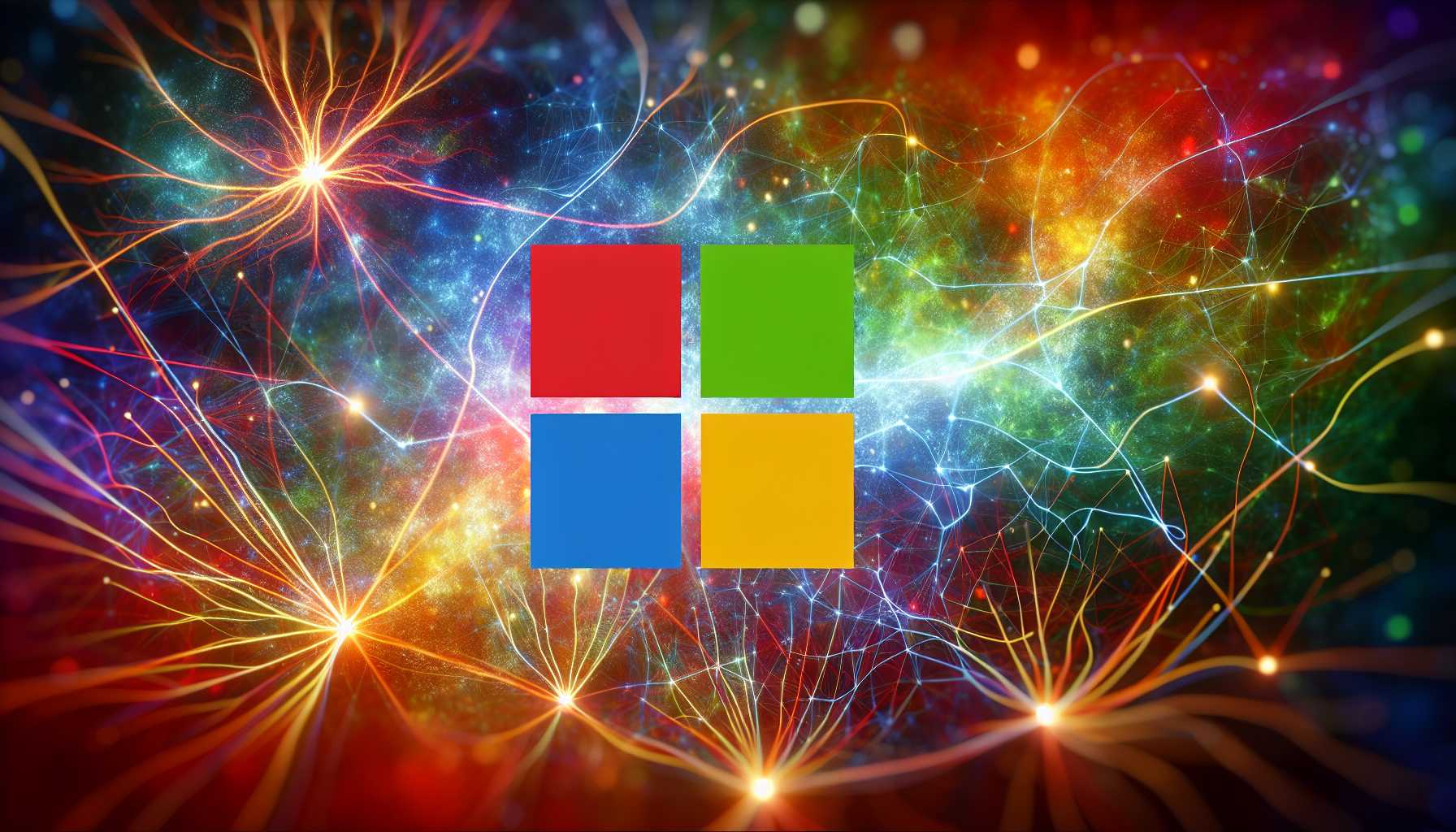The Strategic Alliances of AI Titans
In a fascinating turn of events in the tech world, Microsoft has stunned us all with its multiple strategic moves, challenging any preconceptions about the future of AI partnerships. Microsoft’s investment and partnership announcement with the French AI startup Mistral—a move that feels akin to a game of high-stakes chess—positions the tech giant as much more than a unilateral powerhouse. It’s a testament to Microsoft’s dedication not just to shore up its own AI fortifications but to actively sculpt the AI landscape, potentially creating new paradigms of business in the process.
What strikes me most is the melding of commercial interests with open models. Mistral, with its valuation steeping into the billions within just months, sends a clear message that open source and proprietary models in AI can coexist with commercial ambitions, raising questions and curiosity about what this could mean for AI’s accessibility and future innovations.
Embat’s Fintech Finesse: Streamlining the Financial Workflow
Now, let’s zoom into the fintech sector. Embat, a Spanish maestro of real-time treasury management, is making waves with its Series A cash flush. What’s noteworthy here isn’t just the impressive financial injection but the nature of their innovation: automating the nitty-gritty of corporate financial management. The implications for corporate efficiency are profound, and Embat’s API-driven strategy could well give it an edge over the old guard like Kyriba and Sage XRT.
From a technology standpoint, Embat’s alliance with Google Cloud’s Vertex AI stands as a shining example of leveraging AI to enhance operational accuracy—a move that amplifies the paradigm shift towards AI augmentation in traditionally human-dominated domains.
Jolla’s Quiet Rebellion: A Private AI Device for a Public World
Amidst the hustle and bustle of MWC 2024, we have Jolla—a company that’s been through the wringer, to say the least—emerging with not just renewed vigor but a vision that directly challenges the status quo. The personal server concept isn’t new, but Jolla’s reimagining for the generative AI era—calling it a ‘private-cloud-cum-AI-router’—intrigues me profoundly. With privacy and security at its core, this device seems almost rebellious in its commitment to keeping the user’s data out of the ever-hungry maws of data-mining giants.
Jolla might just be the David to the tech Goliaths, promising a digital sanctum in an age where personal data is the most coveted currency. Whether their ‘private data hub for AI’ will gain traction or become an idealistic footnote in tech history is something I am keenly interested in monitoring.
Zacua Ventures: Building Foundations in Construction Tech
Amidst a tech landscape that can often appear to be dominated by AI and software innovation, Zacua Ventures’ inaugural fund shines a spotlight on an industry ripe for technological disruption: construction. With legacy construction companies backing this fund, it underscores the latent potential in a sector that may have taken a slow start but could soon experience an innovation renaissance.
The fact that Zacua is tackling sustainability and urban development with an eye to AI and IoT points to an emergent interconnectedness in technology application—a hybridization of sectors that spells out future-forward thinking.
Programmatic DOOH: Revolutionizing Realty with Hivestack and Midland Realty
A partnership that perhaps would have seemed unlikely a few years ago: Hivestack, a DOOH ad tech business, linking arms with Midland Realty. What’s engrossing here is not just the application of programmatic digital out of home advertising, but its integration into real estate. It signals a cross-industry innovation, blending the physicality of property with the digital agility of AI-advertising, making this alliance a significant marker in the evolution of targeted marketing.
As DOOH ad spends surge, it will be exhilarating to see how such tech integrations redefine not just advertising, but the very locales they inhabit, further blurring the lines between digital ad spaces and physical environments.





